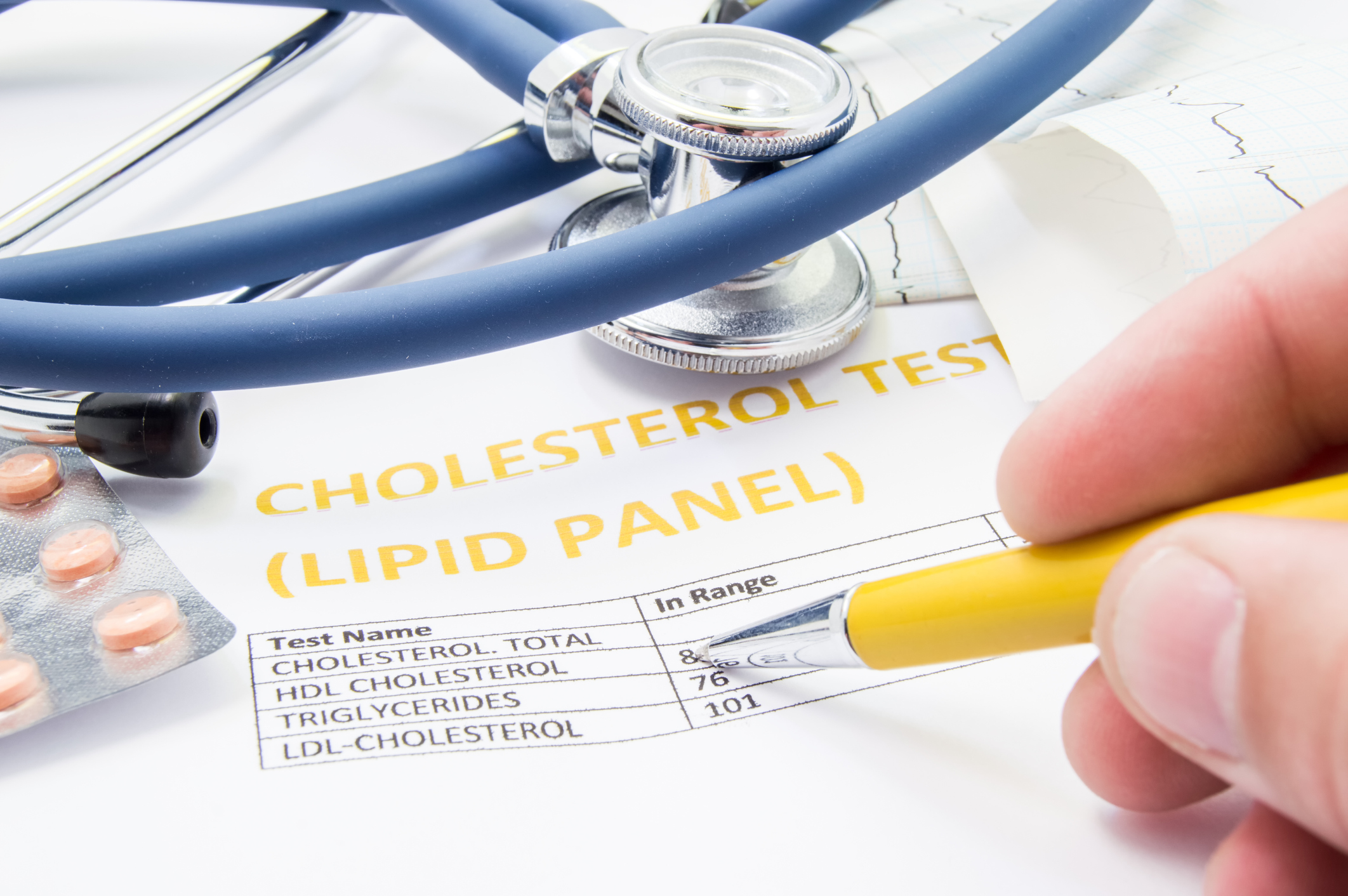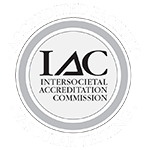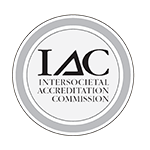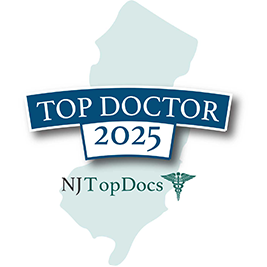
Hyperlipidemia is a general term used to refer to any of the several acquired or genetic disorders that lead to increased levels of lipids in your blood, also known as high cholesterol. Lipids refer to fats, cholesterol, and triglycerides that increase the risk of developing atherosclerosis when produced in high amounts.
Atherosclerosis refers to the hardening of arteries, resulting in diseases such as stroke, heart attack, and may result in amputation in some cases. As it stands, nearly half of the adults in the U.S suffer from some type of cardiovascular disease, with the primary cause being hyperlipidemia.
Atherosclerosis, which contributes to cardiovascular diseases, is the number one cause of death in the U.S. It is also responsible for Peripheral Arterial Disease (PAD). Atherosclerosis is also a major cause of abdominal aortic aneurysm and is the most common kind of arteriosclerosis, or hardening of the arteries.
What Causes Hyperlipidemia?
High-fat diets, sedentary lifestyles, and obesity are significant contributors to hyperlipidemia. However, the condition may also result from genetic disorders, with hypercholesterolemia, another type of hyperlipidemia, being the most prevalent amongst humans.
Some of the most common unhealthy lifestyle choices that can lead to hyperlipidemia include:
- Eating foods with a lot of fat
- Too much animal protein, such as meat and dairy
- Lack of exercise
- Excessive consumption of alcohol
Certain medications such as birth control pills, diuretics, and some depression pills can also cause increased cholesterol levels in your body.
Signs and Symptoms of Hyperlipidemia
In itself, hyperlipidemia does not have any signs and symptoms. However, its presence can cause varying symptoms in adults. They include:
- Angina (chest pain or pressure)
- Blocked vessels in crucial body parts, including the heart and the brain
- High blood pressure
- Stroke
- Heart attack
How to Manage Hyperlipidemia
Since lifestyle choices are the leading cause of hyperlipidemia, managing them means adjusting your lifestyle habits. Even in cases where your hyperlipidemia is inherited, changing your lifestyle habits is an integral part of your treatment.
In the same spirit, if your boosted cholesterol levels result from medications, lifestyle changes can help lower your cholesterol levels and lower their effects on your body.
Some of the most common lifestyle habits that you can embrace to help fight hyperlipidemia include:
1. Embrace Eating a Heart-Healthy Diet
By eating healthy, you can lower the levels of "bad cholesterol" in your blood while increasing the levels of "good cholesterol." To do this, choose foods with healthy fats- avoid ones with saturated fats such as red meat, bacon, sausage, and full-fat dairy products. Instead, consider lean proteins such as turkey, chicken, and fish where possible.
Cutting out the trans fats (found in fried and processed foods), eating more omega-3s, increasing your fiber intake, and learning heart-healthy recipes are also effective ways of keeping your cholesterol levels in check. And, don’t forget to eat more fruits and veggies!
2. Cut Weight
Obesity is an obvious sign that you have too much bad cholesterol in your body. Fortunately, losing even five to ten pounds of weight can make a huge difference. However, before you start working out, have a plan- figure out how many calories you are taking in and how much you need to do away with.
Losing weight can be achieved by adopting a low-calorie diet while increasing your physical activities- this ensures that you burn more calories than you are ingesting.
3. Quit Smoking
Studies show that smoking lowers the levels of good cholesterol in your body and boosts triglycerides. Either way, whether you have hyperlipidemia or not, smoking is harmful to your vascular health.
4. Be Physically Active
Being physically active checks your cholesterol levels and is essential for improving your overall health. Engage in activities such as riding a bike, swimming laps, and taking the stairs rather than the elevator, amongst others.
Consider Visiting a Vascular Specialist
At The Cardiovascular Care Group, New Jersey's top-rated and most experienced vascular specialists, we can help you manage any of your vascular issues. Our board-certified physicians and state-of-the-art technology provide some of the best diagnostic treatments in the area.
Call us at 973-759-9000, or contact us to find out more. You can also go through our blogs for more insights.







_2.jpg)